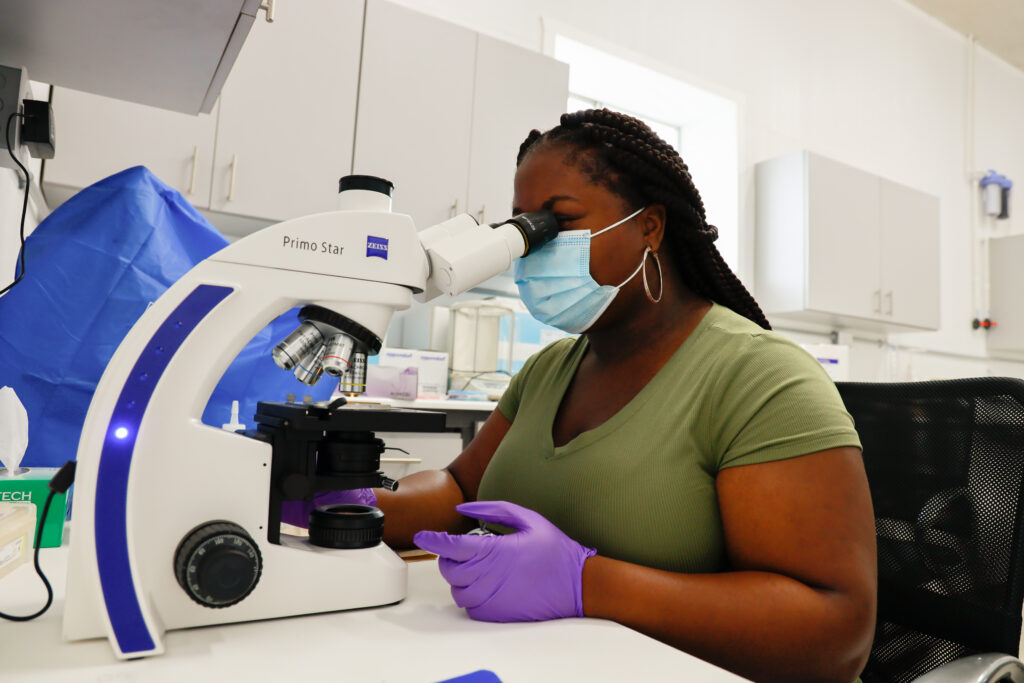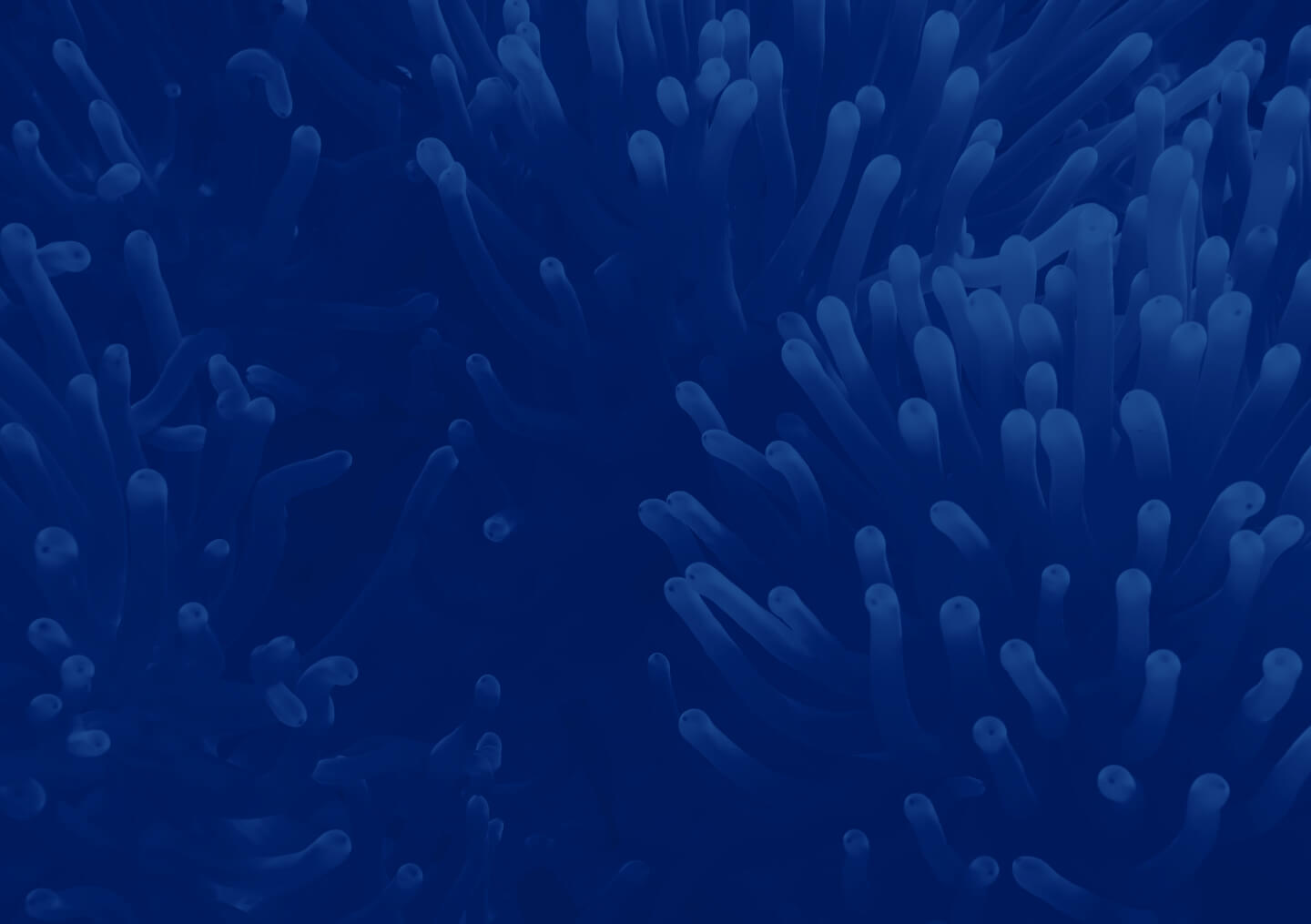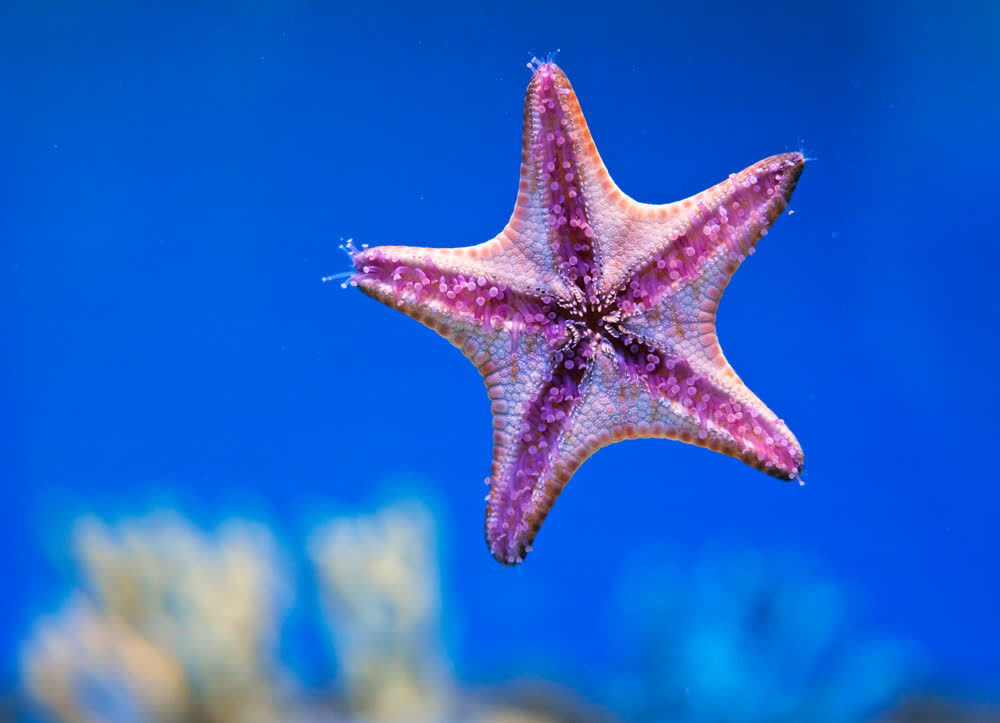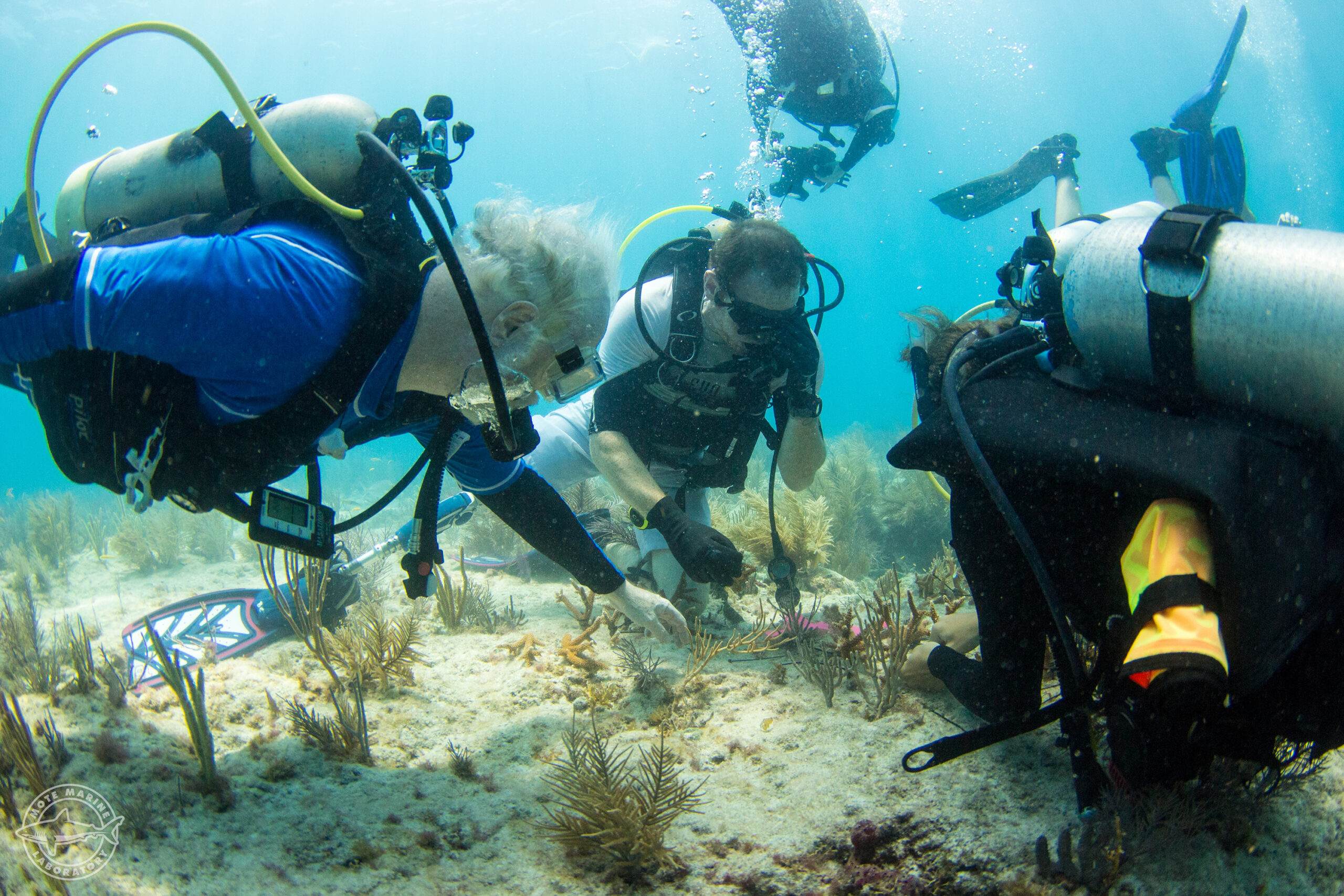Research Experiences for Graduate Students (REGS)
Eligibility
Participants must be U.S. citizens or permanent residents and currently enrolled in a graduate degree program (full-time or part-time) leading to a master’s or Ph.D. degree.
Funding
- Participants receive a $10,000 stipend throughout the duration of the program.
- Mote’s Research Experience for Graduate Students has funded two graduate research internship positions annually since 2019.
Application Process
2026 program details and application coming soon.




